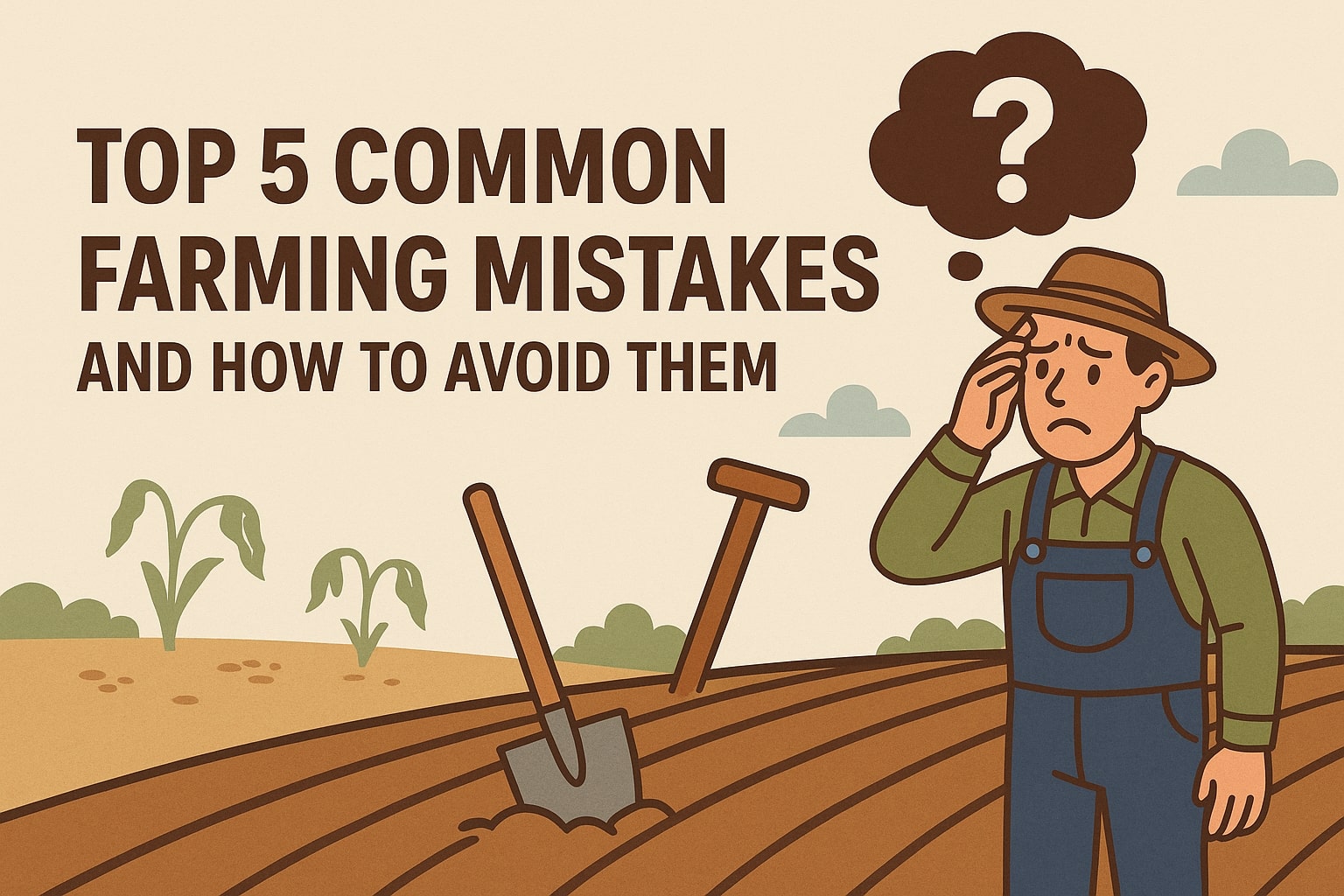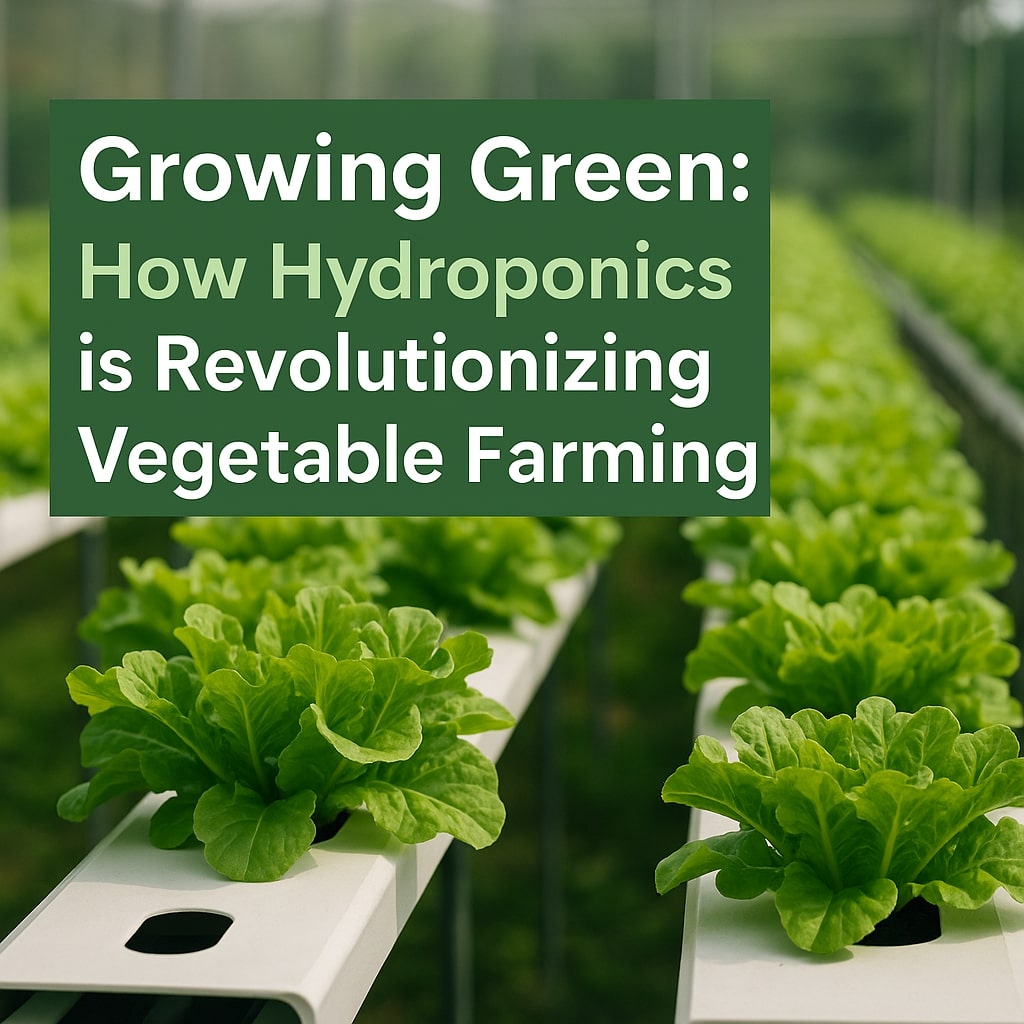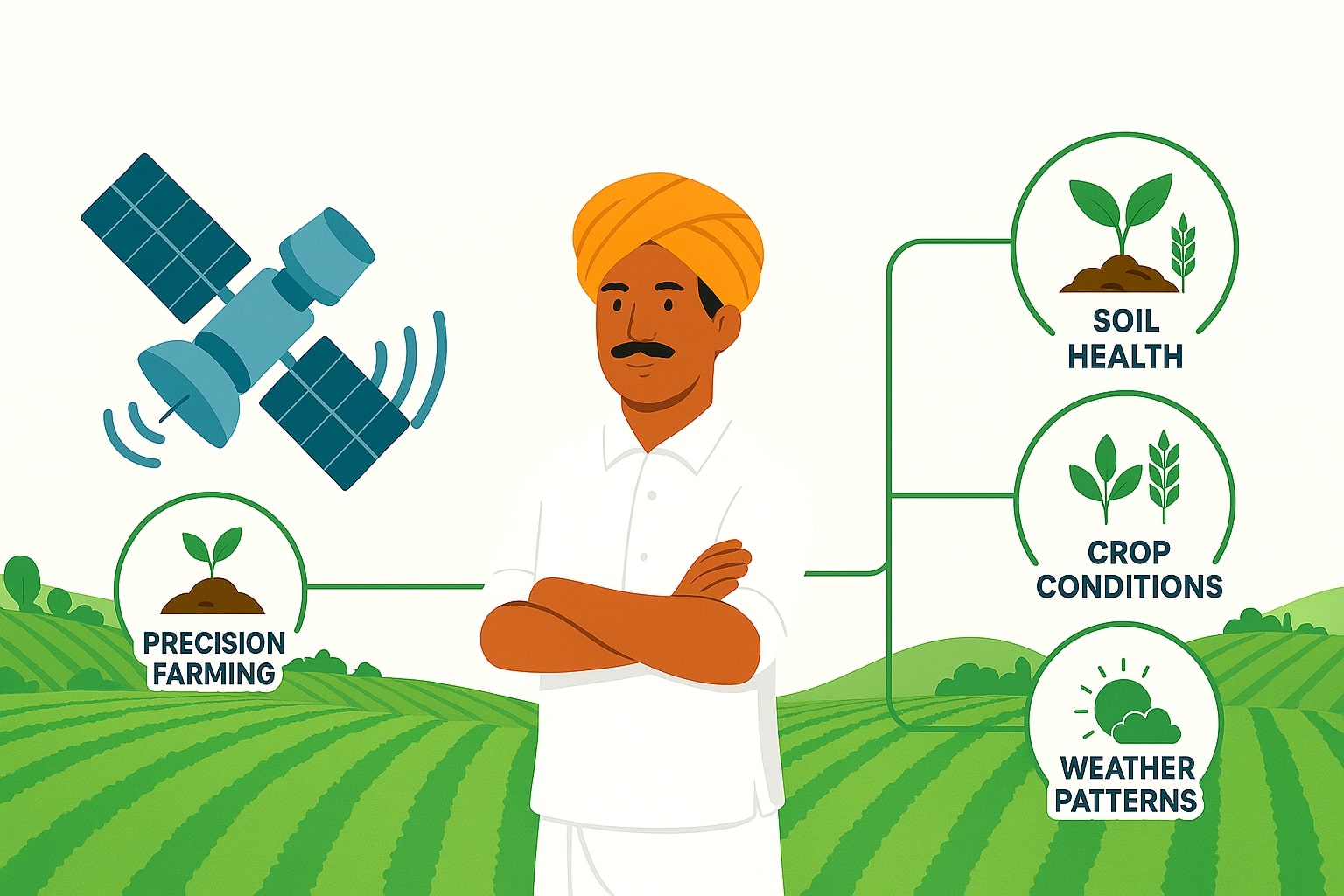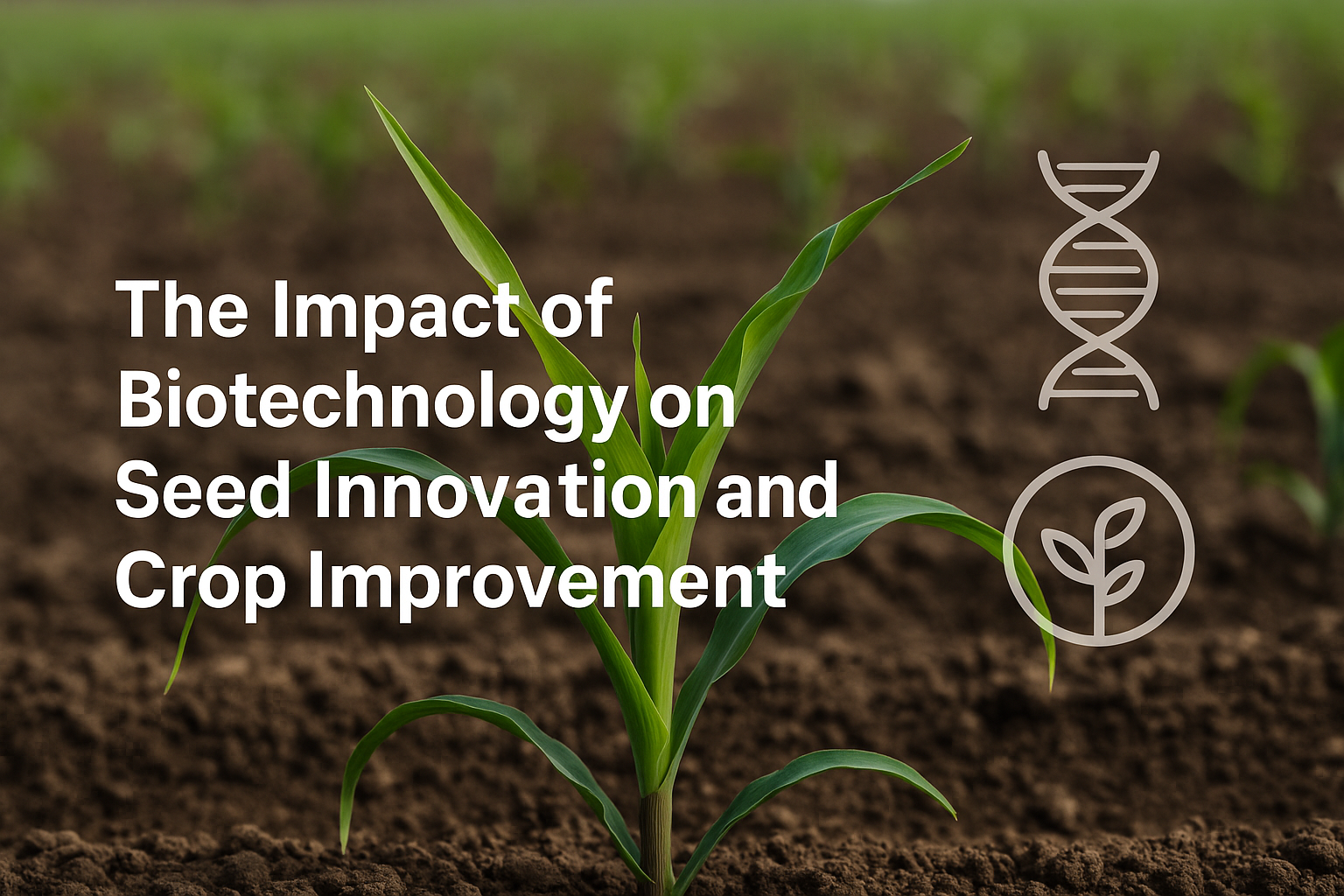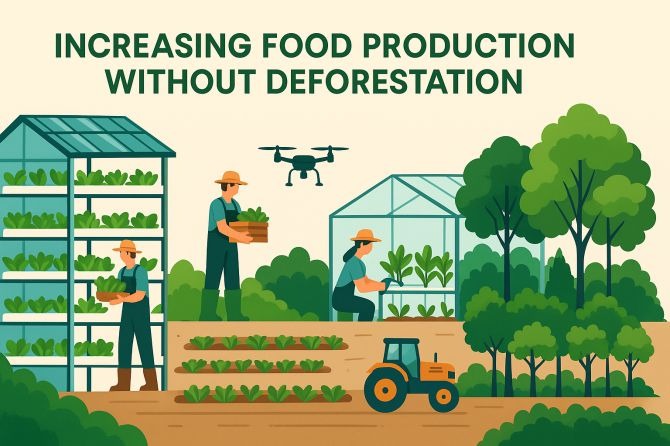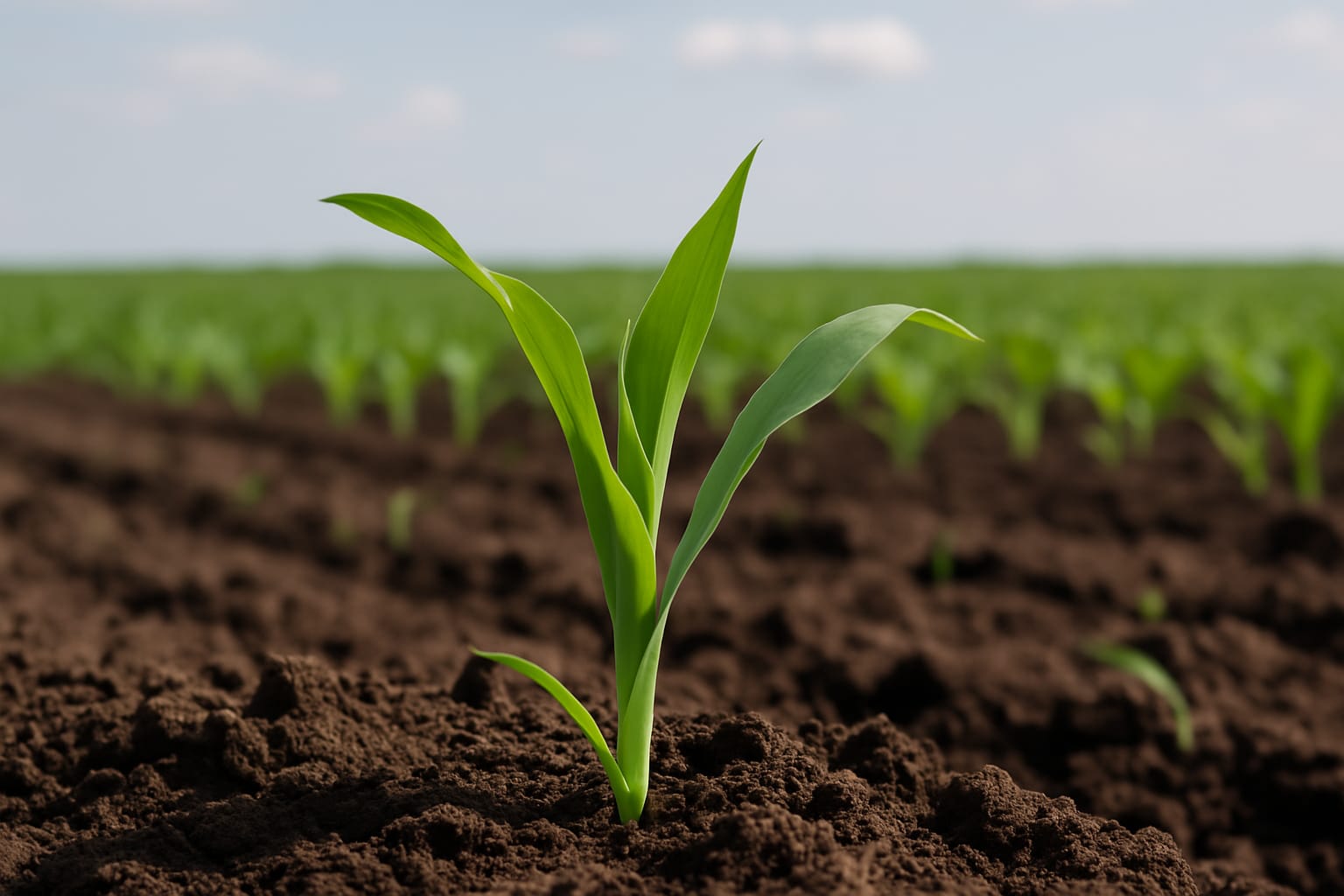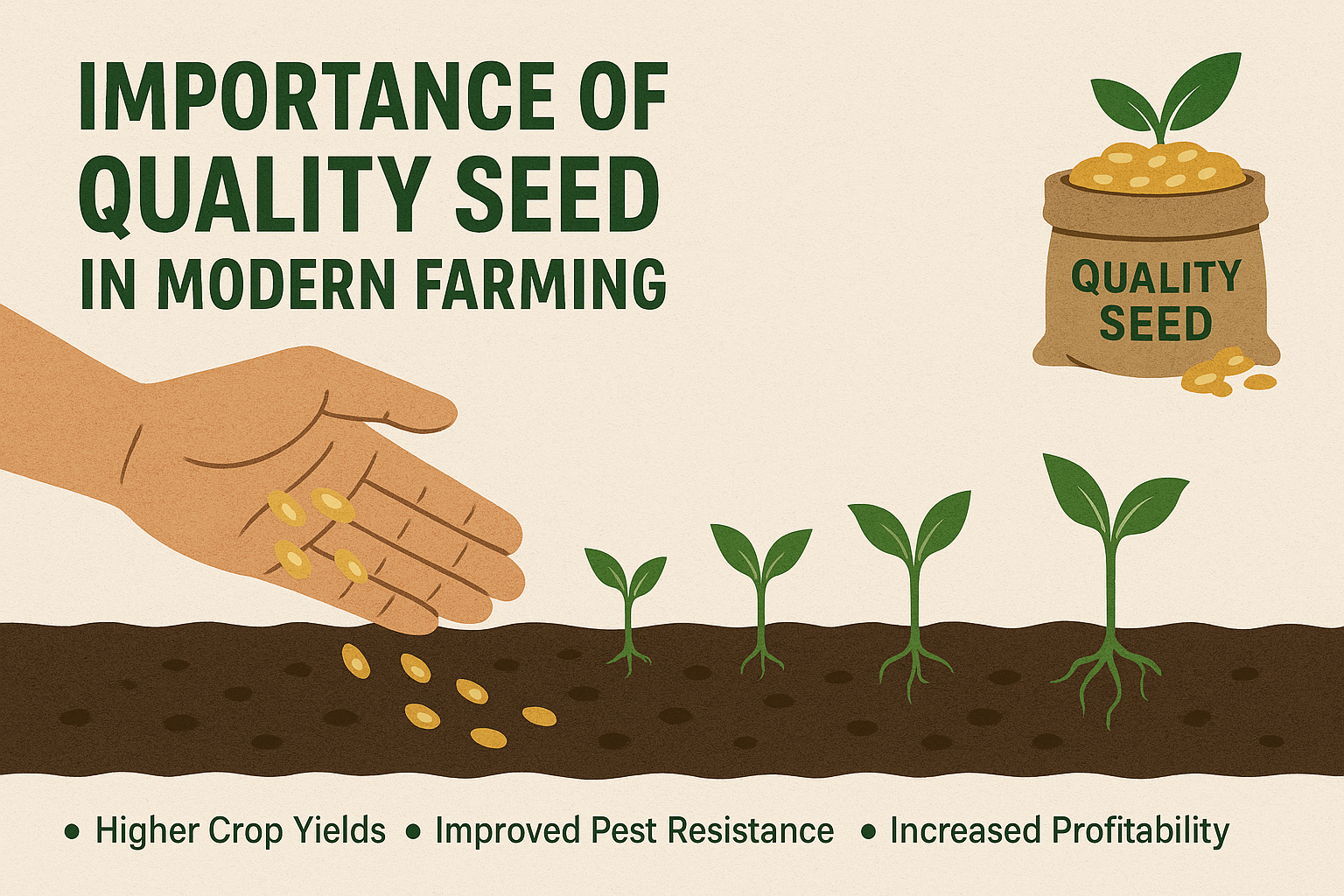Farming is a complex and rewarding venture that demands knowledge, patience, and keen attention to detail. However, even experienced farmers can sometimes make mistakes that affect productivity and profitability. Key farming mistakes—such as improper irrigation practices, poor soil health management, planting crops without a clear market strategy, inadequate pest and disease control, and lack of farm record-keeping—can drastically reduce crop productivity and agricultural profitability. These avoidable mistakes often lead to reduced yields, wasted inputs, and financial losses.
Let’s take a closer look at these common farming mistakes and explore practical solutions to avoid them;
1. Improper Irrigation-
Mistake: Assuming all crops need the same amount of water can lead to root rot, nutrient loss, or drought stress.
Solution: Learn the specific water needs of each crop. Use drip irrigation and soil moisture sensors to apply the right amount of water at the right time.
2. Ignoring Soil Health-
Mistake: Avoiding soil testing or not replenishing nutrients results in weak plant growth and poor yields.
Solution: Test soil regularly and enrich it with compost, biofertilizers, or micronutrients based on its needs. Healthy soil ensures healthy crops.
3. Planting Without a Market Plan-
Mistake: Growing crops without a clear idea of where or how to sell them can lead to waste and financial loss.
Solution: Study local demand, talk to buyers or vendors ahead of the season, and diversify sales channels—such as farm gates, online platforms, or local cooperatives.
4. Underestimating Pest and Disease Threats-
Mistake: Delaying pest control or relying too heavily on chemicals can devastate crops and soil health.
Solution: Adopt Integrated Pest Management (IPM)—combine natural predators, crop rotation, and timely monitoring to stay ahead of infestations.
5. Poor Record-Keeping-
Mistake: Depending solely on memory for important information like sowing dates, pesticide use, or expenses leads to guesswork and inefficiency.
Solution: Use notebooks, mobile apps, or farm management software to track your inputs and outcomes. Better data equals better decisions.
Farming is a dynamic and constantly evolving practice that demands continuous learning and adaptation. By avoiding common mistakes, you can improve crop health, boost yields, and enhance the overall sustainability of your farm. Remember, the success of your farm begins with the quality of your seeds. With informed decisions and consistent vigilance, you can avoid these common pitfalls and cultivate a healthy, productive farm.
